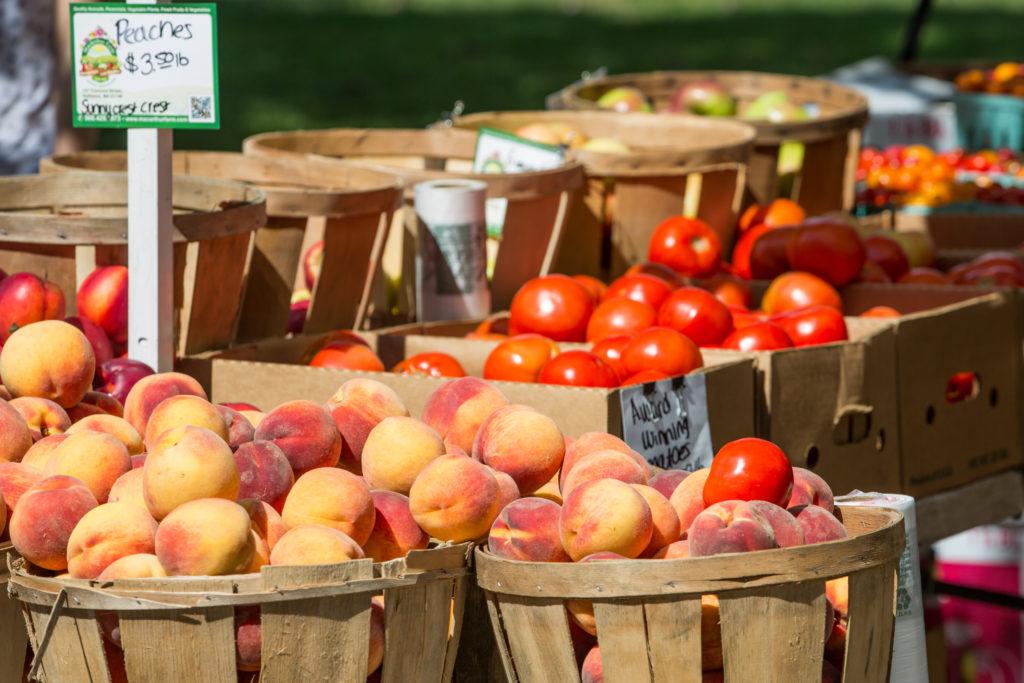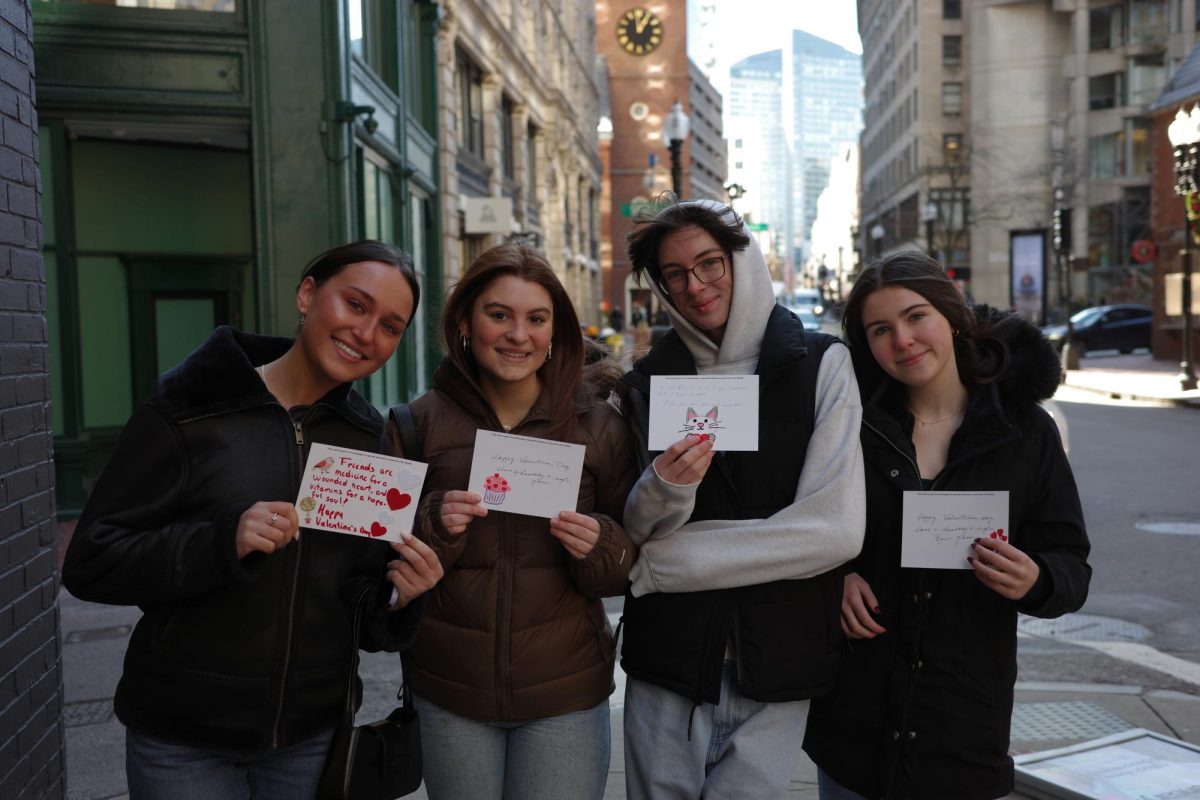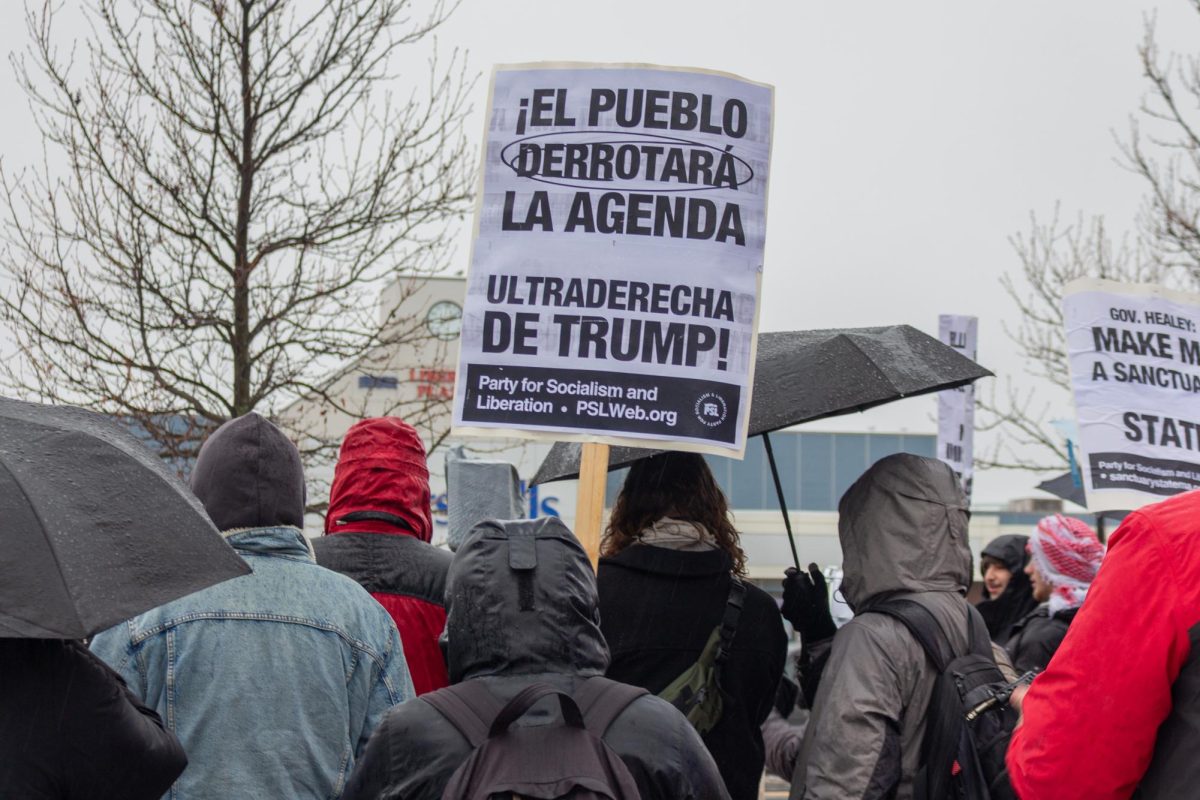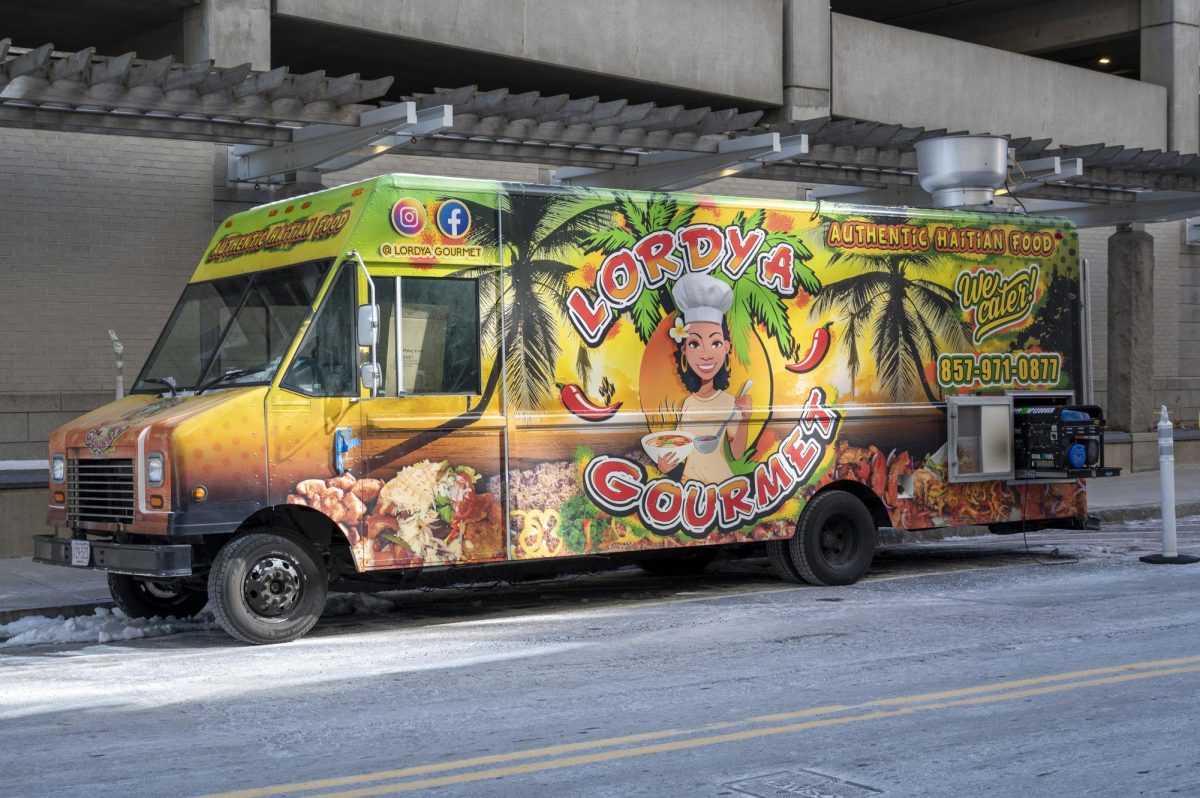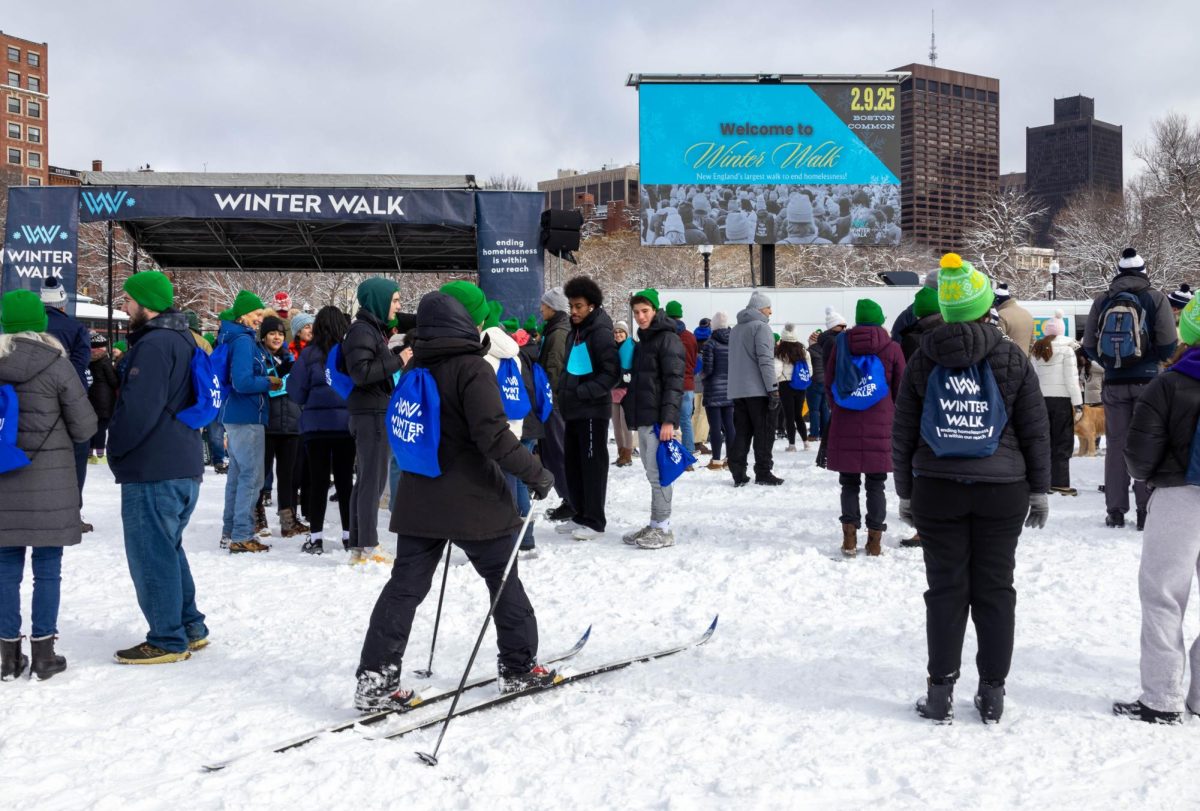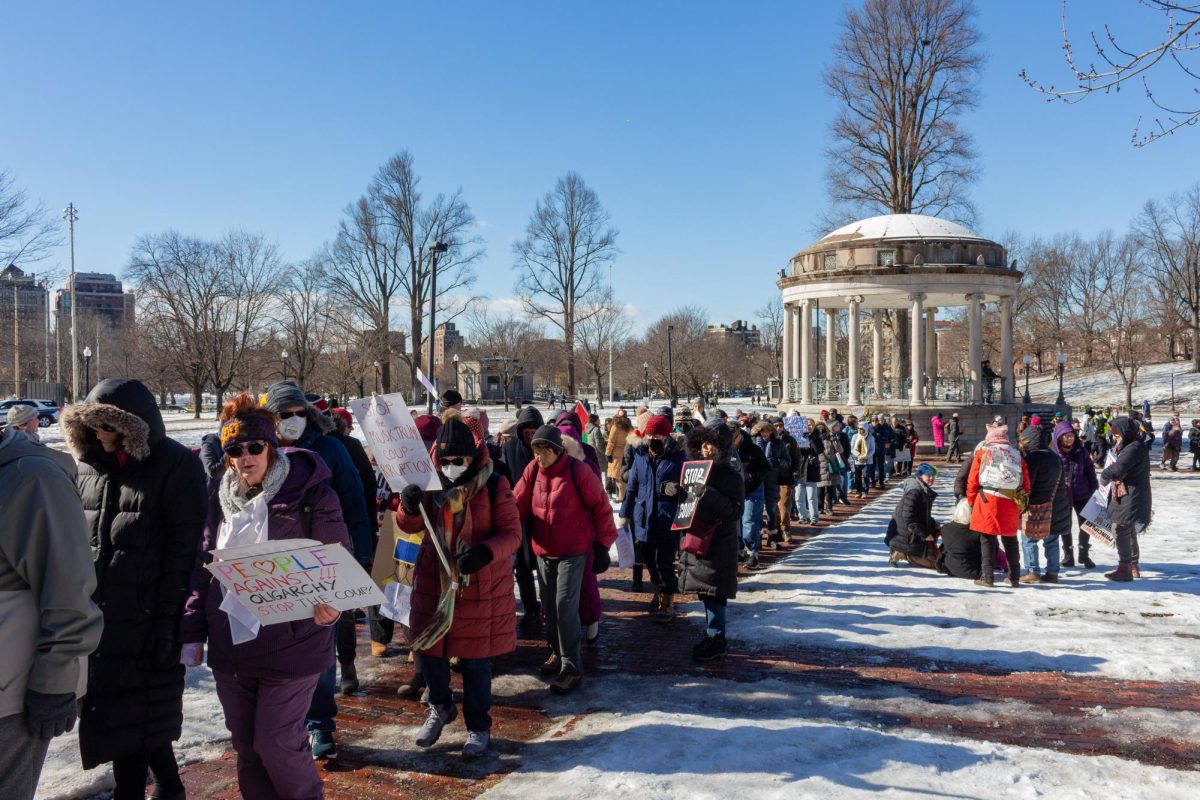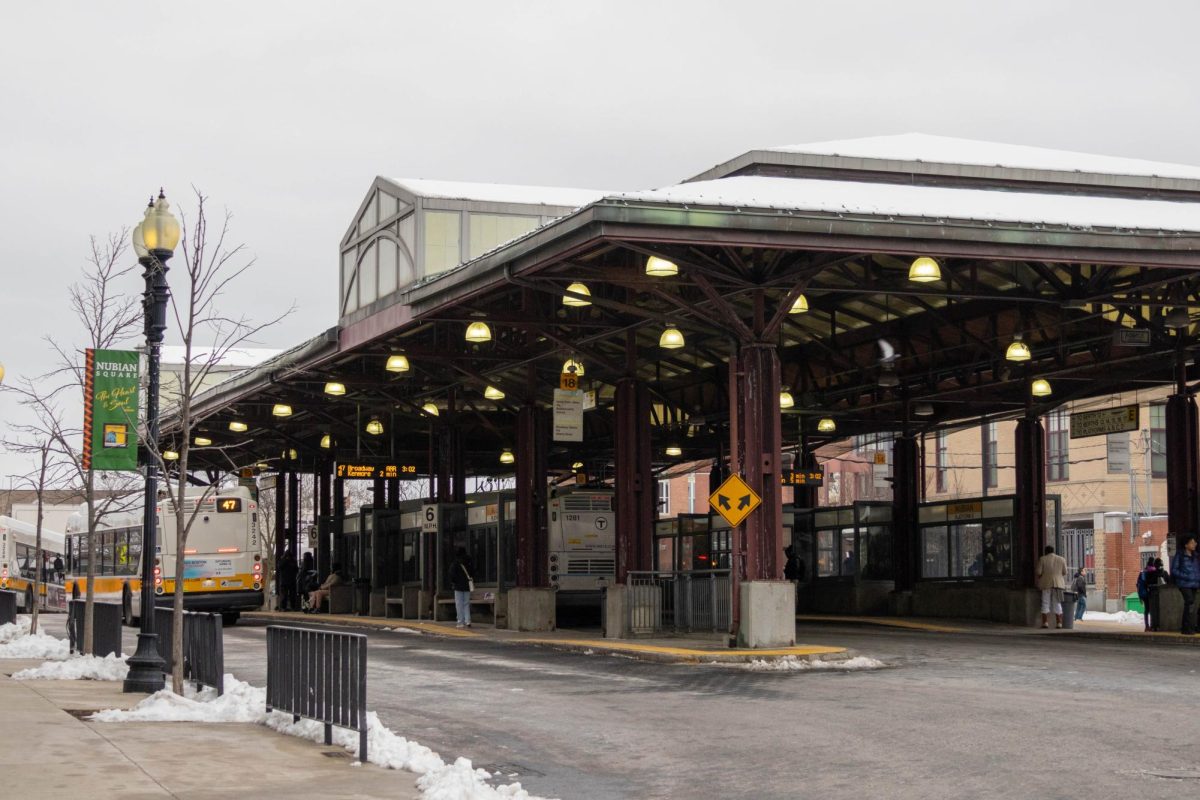By Mridhu Khanna, news correspondent
The city of Boston introduced a new program last month to tackle food insecurity allowing residents who receive government food assistance to purchase fresh foods and vegetables at a discounted price.
The program, Double Up Food Bucks, is a Supplemental Nutrition Assistance Program, or SNAP, incentive currently in a pilot phase in some grocery stores in Roxbury, Dorchester and Hyde Park.
“Boston Double Up Food Bucks provides an incentive for SNAP recipients to make fresh fruits and vegetables more affordable,” said Stephanie Voltaire, program manager for the Mayor’s Office of Food Access. “Essentially Boston Double Up is a way for SNAP recipients to stretch their SNAP dollars.”
When holders of electronic benefit transfer cards, or EBT cards, use their card to buy fresh fruits and vegetables, they get a 50 percent discount on purchases up to 10 dollars. So, a card holder in the SNAP program will only pay five dollars for 10 dollars worth of fresh produce.
The Mayor’s Office of Food Access collaborated on this program with the Fair Food Network, a Michigan-based organization that works to increase families’ access to healthy food. This organization set up Double Up Bucks programs in cities in 26 states, said Liz Alpern, the East Coast coordinator for the program.
“In Boston I worked very closely with the Mayor’s Office of Food Access to ensure that the program was being administered properly,” Alpern said.
Fair Food Network usually has a hands-on approach when starting programs like Double Up Food Bucks in other cities. However, Alpern said that in Boston’s case, most of the ground work was done by the Office of Food Access while the Fair Food Network played more of a supportive role.
“This kind of partnership that we have with the mayor’s office is pretty unique,” Alpern said. “The mayor’s office has a lot of really interesting resources, and they’re very embedded in the community naturally.”
Fair Food Network was also able to provide financial support to the program, Voltaire said. The mayor’s office applied for funding from the Food Insecurity Nutrition Incentive grant with the Fair Food Network. They received the funding in July.
Through listening sessions with Boston residents, the mayor’s office found that affordability, transportation and the lack of culturally-relevant produce were the main reasons some residents found it hard to eat well. Voltaire said Double Up Food Bucks aims to tackle all three issues.
Each day participants can apply the discount on up to 10 dollars worth of fresh produce, helping to address the issue of affordability. And the stores involved in the program are local “corner stores,” cutting down on transportation costs. Participating stores are often owned by immigrants who sell familiar produce Voltaire said.
“We definitely plan on expanding,” Alpern said. “We are very interested in getting a geographical spread so that [for] each neighborhood that has this need, there’s somewhere that you can take advantage of this program.”
Participating stores include Daily Table, which has locations in Roxbury and Dorchester, F&T Davey’s Supermarket, and World’s Best Food Market & Vegetarian Products.
“Our mission is to provide access to healthy, affordable food,” said Michael Malmberg, Daily Table’s chief operating officer. “Our whole reason for being is to make sure that people in lower income communities are able to access and afford to buy healthy food.”
Daily Table is a non-profit grocery store that follows “self-imposed nutritional guidelines,” excluding food high in fats and sugars from the store. The store offers competitively priced fresh produce and healthy ready-to-eat meals, providing healthier options than fast food chains, Malmberg said.
“Double Up Bucks is just a perfect mission alignment for what we’re trying to do: making healthy food economically accessible,” Malmberg said.
With a high population, a tight sense of community, availability of local farmers and the need for such a program, Alpern said the city was ripe for a program like Double Up Food Bucks.
“We don’t run this program unless we think it will have a tremendous impact on the community,” said Alpern. “Boston was really ready for it. All the factors were aligned.”



